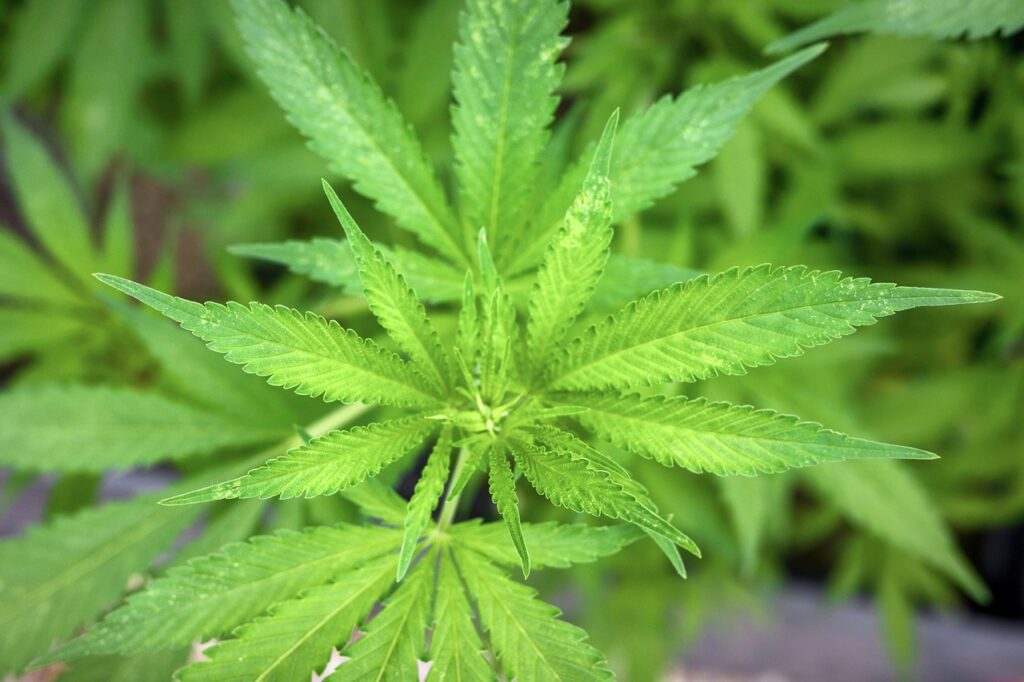The world of cannabis is vast and varied, with numerous compounds contributing to its effects and benefits. Among these, THCA (tetrahydrocannabinolic acid) has gained attention for its unique properties. This article explores the nature of THCa flower side effects, its benefits, and its potential impact on the cannabis industry.
Understanding THCA: The Basics
THCA is a non-psychoactive cannabinoid found in raw cannabis plants. Unlike THC (tetrahydrocannabinol), which is known for its psychoactive effects, THCA does not produce a “high.” This is because THCA is the precursor to THC. When cannabis is heated through smoking, vaping, or cooking, THCA undergoes decarboxylation, converting into THC.
The Chemical Structure of THCA
THCA is an acidic compound, which means it has an extra carboxyl group compared to THC. This structural difference is what makes THCA non-psychoactive. The decarboxylation process removes this carboxyl group, transforming THCA into THC and activating its psychoactive properties.
Benefits of THCA
Research into THCA is still in its early stages, but preliminary studies and anecdotal evidence suggest several potential benefits:
- Anti-inflammatory Properties: THCA may help reduce inflammation, making it a potential option for those with conditions like arthritis.
- Neuroprotective Effects: Some studies indicate that THCA might protect brain cells, which could be beneficial for neurodegenerative diseases.
- Anti-emetic Properties: THCA has shown promise in reducing nausea and vomiting, which could aid patients undergoing chemotherapy.
- Appetite Stimulation: Like THC, THCA may help stimulate appetite, which can be beneficial for individuals with eating disorders or those undergoing treatments that suppress appetite.
THCA vs. THC: Key Differences
While both THCA and THC originate from the same plant, their effects and uses differ significantly:
- Psychoactivity: THCA is non-psychoactive, whereas THC is known for its mind-altering effects.
- Legal Status: In many regions, THCA is legal because it does not produce a high. However, once it converts to THC, it may fall under different legal regulations.
- Medical Applications: THCA is being explored for its potential therapeutic benefits without the psychoactive effects of THC.
Consumption Methods for THCA
For those interested in the benefits of THCA without the psychoactive effects of THC, there are several ways to consume it:
- Raw Cannabis Juicing: Juicing raw cannabis leaves and flowers preserves THCA, allowing consumers to ingest it without converting it to THC.
- THCA Tinctures: These are liquid extracts that can be taken sublingually or added to food and drinks.
- Capsules: THCA capsules provide a convenient way to consume the compound in a controlled dosage.
Case Studies and Research
Several studies have begun to shed light on the potential of THCA:
- A 2013 study published in the British Journal of Pharmacology highlighted THCA’s anti-inflammatory properties, suggesting its potential in treating inflammatory conditions.
- Research from the University of Guelph in Canada explored THCA’s neuroprotective effects, indicating its promise in protecting against neurodegenerative diseases.
While these studies are promising, more research is needed to fully understand THCA’s potential and applications.
The Future of THCA in the Cannabis Industry
As interest in cannabis continues to grow, THCA is poised to play a significant role in the industry. Its non-psychoactive nature makes it appealing to a broader audience, including those who seek the therapeutic benefits of cannabis without the high.
With increasing legalization and acceptance of cannabis, the demand for THCA-rich products is likely to rise. This could lead to more research, better cultivation techniques, and a wider variety of products available to consumers.
Conclusion
THCA offers a unique perspective on cannabis consumption, providing potential health benefits without the psychoactive effects of THC. As research progresses, the understanding of THCA’s properties and applications will continue to evolve, offering new opportunities for both consumers and the cannabis industry. Whether through raw consumption or innovative products, THCA represents a promising frontier in the exploration of cannabis compounds.

